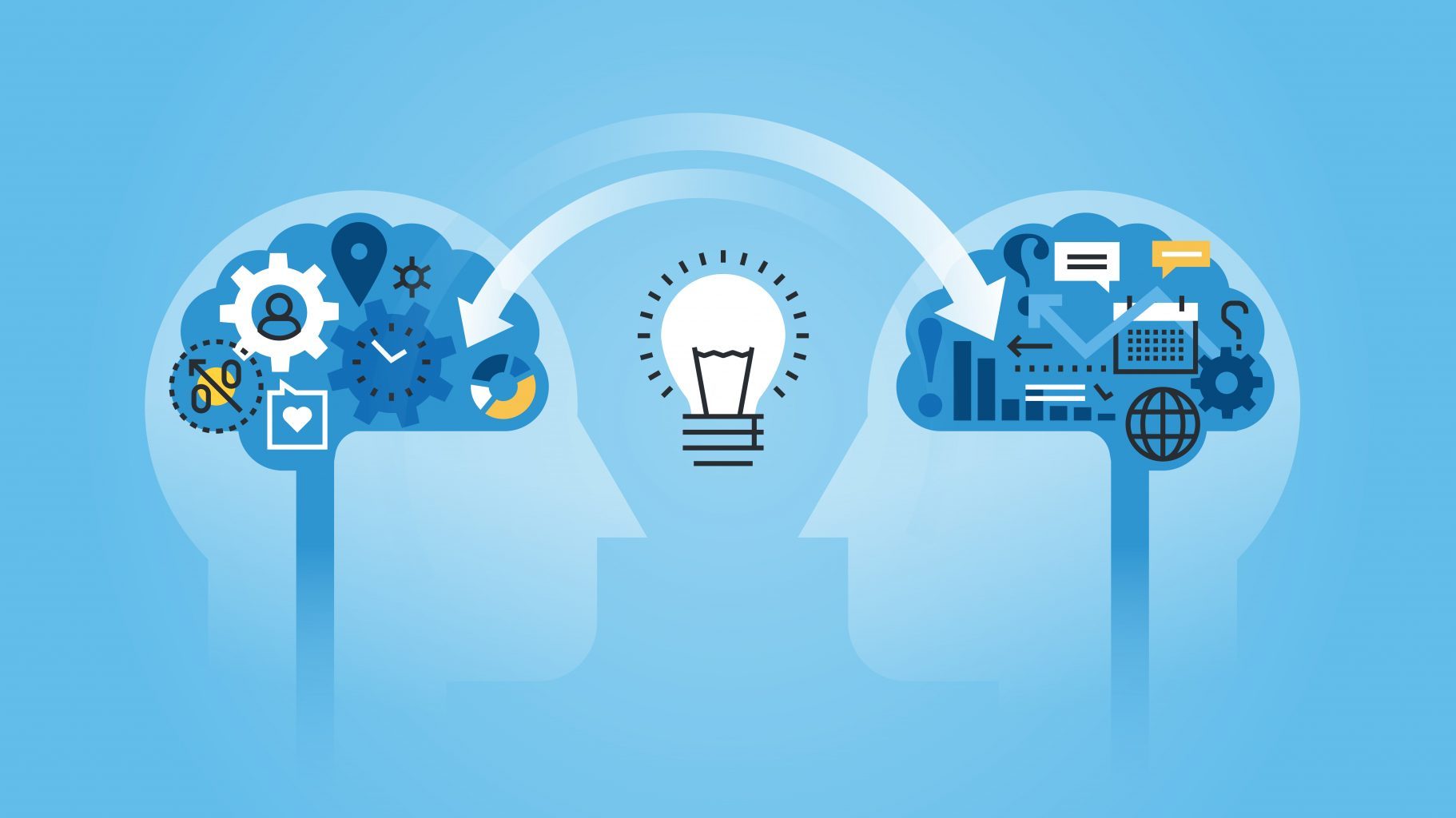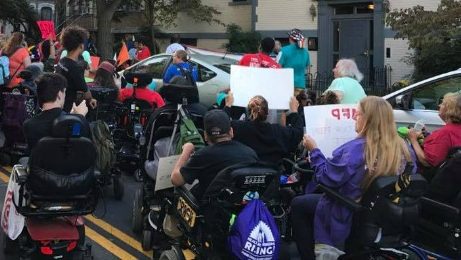#ThingsDisabledPeopleKnow is Necessary Because Realistic Disability Representation is Scarce
Recently, I wrote about the most recent instance of “cripping up,” or disabled mimicry, in the film The Upside. Many people were angered by my post and couldn’t imagine why I would be so bold as to critique Bryan Cranston on his most recent role as a wealthy disabled man. Even worse, hordes of people questioned what disabled people had to offer or whether we possessed any talent at all.
The entire discussion around this served as an example of what society in large part thinks about disabled people—a conversation Cranston helped to shape, but had no real stake in. In the following days, the response led me to start #ThingsDisabledPeopleKnow. At the very least, disabled people should have a hand in dispelling some of the stereotypes and myths that the entertainment industry regularly traffics in and profits from.
Currently, accurate representation of what it’s like to be us exists mainly on our Twitter timelines. Disabled people have a desire and responsibility to create the representation we need. This is especially true for disabled Black, Indigenous and people of color and those in the LGBTQ community. Even the AJPlus coverage of the hashtag that included me featured almost exclusively white disabled actors.
As a whole, disabled people possess a wealth of knowledge that rarely leaves the confines of our own community—if that. And often, abled people do not have access to this brain trust until they themselves become disabled. This is information that, had they possessed it earlier, might have eased the transition.
I was born with my disability and I didn’t reach this point of self-love and peace entirely unscathed. It is not a constant. I still need reminders from the people I surround myself with that there are others I can relate to and there are people that see my experiences as valid. We all need reminders that we are heard.
During a time when people openly wonder “what to do with disabled people” or what “use” we are, there is solace in having a moment in which we come together and making ourselves heard. Here are some of the tweets under #ThingsDisabledPeopleKnow that make me feel less alone:
Disabled Kid Culture is a powerful thing that deserves more credit/visibility. What i learned from being a disabled baby, child, youth directly shapes who i am as a disabled adult. When i meet someone, i can usually tell if they were a disabled kid too.#ThingsDisabledPeopleKnow
— Mia Mingus (@miamingus) January 22, 2019
Prick 2 out of 5:
1) Sleeping enough
2) Basic Hygiene
3) Housekeeping
4) Working
5) Social lifeIf you exceed 3, your body will punish you. Choose wisely. #ThingsDisabledPeopleKnow
— A(wo)manda (@MandaMcManders) January 20, 2019
I am not mad at you because I am disabled and you are not. I am mad at you because you think less of me because I am disabled. #ThingsDisabledPeopleKnow
— EmployABILITY/Austin (@EmployabilityA) January 21, 2019
You’ll always find an excuse.
For not respecting my rights.
For not addressing inaccessibility.
For your ableism.
For your friend’s ableism.
For a stranger’s ableism.
For not having my back.
For not including me.#ThingsDisabledPeopleKnow
Hashtag creator @Imani_Barbarin— ♿️ G Peters (@mssinenomine) January 21, 2019
The answer to asking a stranger if they can have sex will always be…
“Not with you!” #thingsdisabledpeopleknow— Spinal Coordinated (@Spinalcoordin8d) January 27, 2019
I spend half my time proving I CAN’T do things so I can get the accommodations I need.
I spend the other half proving I CAN do things so I can be included/hired/believed, etc. #ThingsDisabledPeopleKnow
— Karrie Higgins ♿️ 🦓 (@karriehiggins) January 23, 2019
I just want to be unapologetically disabled … like i’m done tiptoeing around most people dealing with their awkwardness. I am disabled and now get over it.. lets do life. Stop holding me back #ThingsDisabledPeopleKnow https://t.co/GWTP6qzLPL
— Chedda (@JeanetteChedda) January 26, 2019
You’re not even the first person to suggest yoga to me today.#ThingsDisabledPeopleKnow https://t.co/D35Afgyth2
— Thorn 🦄♿️ (@unicornthorn) January 24, 2019
Click here to pitch a blog post to Rooted in Rights.
About Rooted In Rights
Rooted in Rights exists to amplify the perspectives of the disability community. Blog posts and storyteller videos that we publish and content we re-share on social media do not necessarily reflect the opinions or values of Rooted in Rights nor indicate an endorsement of a program or service by Rooted in Rights. We respect and aim to reflect the diversity of opinions and experiences of the disability community. Rooted in Rights seeks to highlight discussions, not direct them. Learn more about Rooted In Rights



